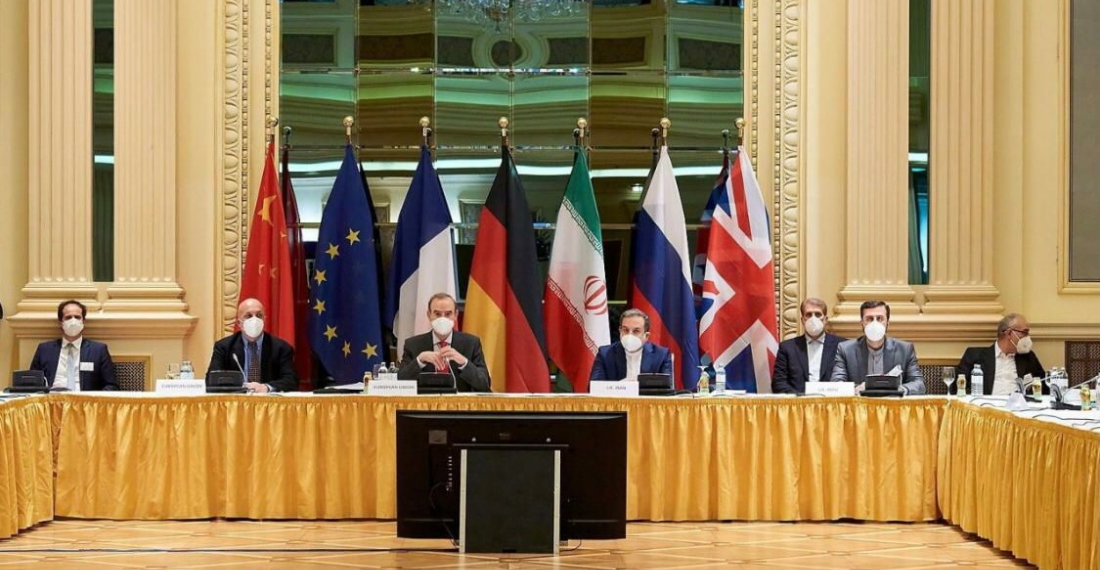There finally seems to be hope of preserving the 2015 Iran nuclear deal, also known as the Joint Comprehensive Plan of Action (JCPOA), after the United States announced that it was prepared to lift some sanctions on Iran.
The announcement came after diplomats from the major countries and the European Union held separate meetings with both the US and Iran in Vienna to discuss what options each side could accept under the framework of the Joint Working Committee on the Nuclear Deal, sponsored by the European Union.
“We are prepared to take the steps necessary to return to compliance with the JCPOA, including by lifting sanctions that are inconsistent with the JCPOA. I am not in a position here to give you chapter and verse on what those might be,” US State Department spokesperson Ned Price told reporters.
The major parties of the 2015 deal – Iran, the United Kingdom, China, France, Germany and Russia – agreed to form two expert-level groups whose job is to match lists of sanctions that the US could remove with the obligations that Iran should meet.
The Iranian government said it was neither optimistic nor pessimistic about the outcome of the meeting, but might consider it a positive indicator. "If America proves that it has the will, seriousness and honesty, it could be a positive sign for a better future for this agreement and its eventual full implementation."
"We must make the most of this diplomatic space to get the JCPOA back on track," EU Deputy Secretary-General for External Action Enrique Mora said on Twitter. The meeting was considered positive and constructive.
Iran still refuses to hold direct face-to-face talks with the US until sanctions are lifted. The US administration is keen on resuming talks stating that diplomacy will be its approach.







